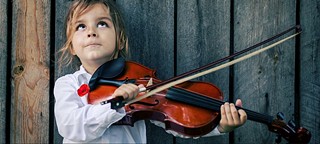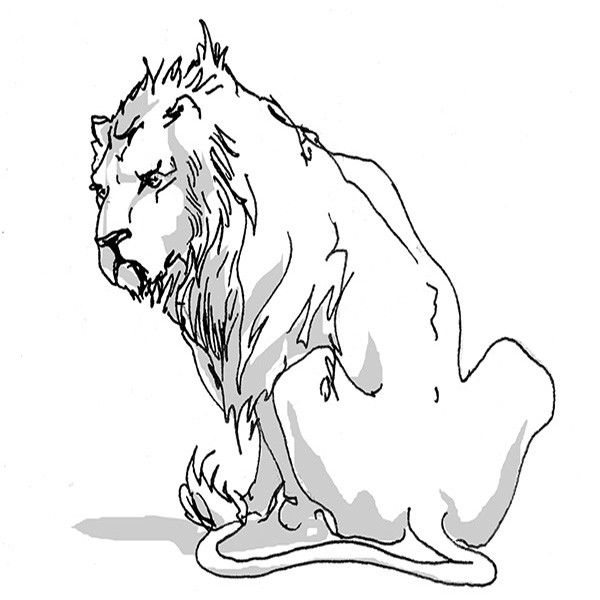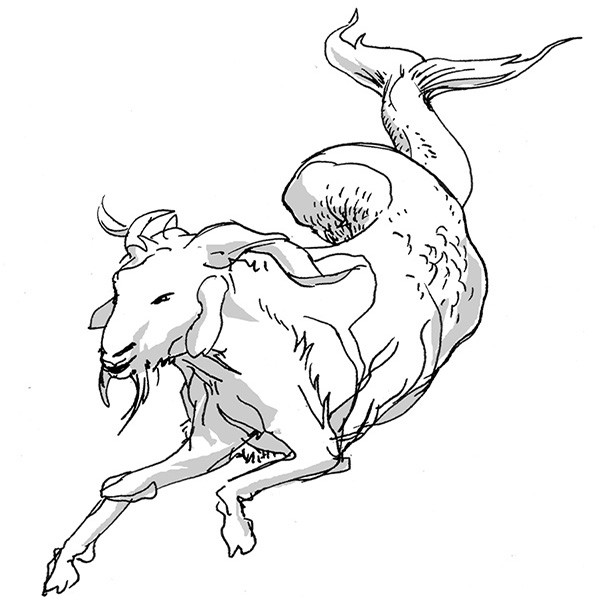I still don't know this riddle;
Why should the falcon abandon the skies?
Woe to the falcon who forgets his falconess,
Who spared the feel of his claws upon the prey,
Who stayed in a den, drooping, down,
And didn't beat his songs across the blue spheres.
—Allama Muhammad Iqbal
Esteemed Reader of Our Magazine:
It's only a five-minute ride to school, but the conversations I have with my son on the way seem to go straight to the point, conforming to become complete within our brief time together. There's always something he's pondering, or wondering about, and though he is a private person, he sometimes lets me into a part of his inner world.
This morning the conversation went something like this:
"Dad, is it better to try to do something that seems impossible but that you really want to do, or to just keep doing what you know you can do?"
"What are you thinking of?"
"I really want to play with the first violins in the school orchestra, but only 5th graders are allowed."
"Well, sometimes the task that seems impossible is the only one worth doing, because it is what we really want. Then you can succeed where others would fail."
"OK, I'll keep trying. That reminds me, my friend succeeds where others fail. You know how the zipper on my jacket gets stuck, and no one can zip it except me? Well my friend did it first try. I put the jacket on backwards and asked him to zip it, and he did. He has really intelligent hands."
"Wow!"
"Yeah, he's not so good at math or reading, and he can be mean, but his hands are genius. They just know what to do to make things work."
"So he's intelligent in a different way."
"Yeah, in a different brain..."
Both boys leave our story here, but the conversation and its implications have continued reverberating through my mind.
Having grown up in the 70s, my generation was steeped in the doctrine of equality. We were told that everyone, regardless of gender, race, creed, ethnicity, sexual orientation, or any other kind of difference, should have the same opportunities as everyone else and should be viewed as equal, if not the same. Though my common sense told me that these people and groups were clearly different from one another, I was forbidden—under penalty of disapproval for being politically incorrect—from noting or underscoring those differences.
Little boys were encouraged to wear dresses and play with dolls to obviate prescribed gender roles. Generalized gendered pronouns in language became uncool. Even in religion, God became neutered or hermaphroditic. Children of different economic groups (usually following race lines) were bussed long distances to the other side of the tracks. Handicapped access became policy. There was a striving to treat everyone in the same way regardless of differences, be they inherent or superficial.
To be clear, I am not complaining about the effort to correct injustice or remove barriers to opportunity. I am in favor of freedom. But having grown up in the era of political correctness I know that increased generalized equality was gained at the expense of precious, genuine differences. For what is real freedom? Is it the freedom to shop at the mall or get a better job in a megalithic corporation? Or is real freedom the freedom to be and express ourselves in our inherent, essential uniqueness?
In effect, the equality that has been gained is access to the values of a flawed society. Flawed, because our society wages a perpetual war against nature. Not only is the natural world, which is both the source of our existence and the host of our human biome, consumed and valued only as a source of capital for insatiable markets, but so too is the unique being of each particular person viewed only in its value as a contributor to an out-of-control and irresponsible system of consumption and commerce.
In the race to equality, the person (or race, or ethnicity, or culture) has been disregarded, disrespected, and lost, except in its capacity to be branded, sold, and consumed. Even the idea of difference commercialized, coopted, and come to be associated with brands—which band we like, which clothes, which restaurant, which computer platform ("Think Different"!). In the real world these are not differences. They are means by which the shepherd hypnotizes the sheep.
In the real world, each person is a treasure of uniqueness; each person is a whole world of unique strengths, intelligences, proclivities, abilities, and possibilities. It is in these unique aspects that our treasure exists, not in what someone contributes to the economy and GDP. In reality, we are not equal. We are different, and in those differences lies our real value.
So when my children ask what I think they should be when they grow up, I say, "You should be yourself, nothing but your Self."


















